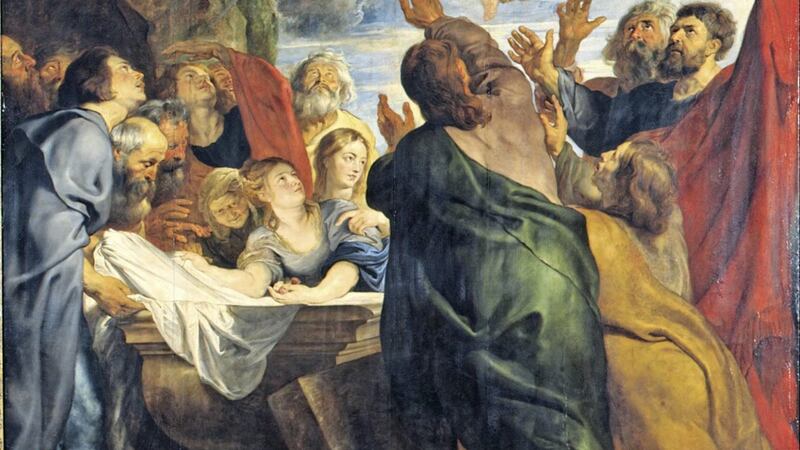THE Solemnity of the Assumption, celebrated every August 15, teaches that Mary, the mother of Jesus, was taken up, body and soul, into heaven, when her earthly life had ended; and what Mary now enjoys in heaven by the special grace of God, is what is promised by God at the end of the world to those who try to follow, however falteringly, in the wake of Jesus.
An objection one often hears nowadays to Christian faith, though it has been voiced also many times in the past, is that the thought of life after death is a distraction from life here and now.
The energy we put into preparing for the next life stops us, some say, from making the best of this life.
The argument is even frequently advanced that if we were to devote all our energies into making this world more just and more peaceful, that would be quite enough for anyone. There would be no need to think of any afterlife.
As if anticipating, or maybe even partly creating this widespread modern mood, the Scottish thinker, David Hume (1711-76), for example, is supposed to have said on his death bed that just as the thought that he didn't exist before he was born didn't worry him, so the thought that he wouldn't exist after he died wouldn't bother him either.
There can be no doubt that many contemporary people think and feel along these lines, and no doubt they could advance many reasons in defence of their position.
So, of course, could people who do believe that life doesn't cease at death muster a robust defence of their position too.
From a Christian perspective, and in particular with the Solemnity of the Assumption in mind, I think we would have to say that neither of these positions really seems to capture what is at the heart of the Christian faith.
For both positions - both those arguing for no life after death and those arguing for a life after death - start with human beings, with human desires and hopes and even rationalisations, with what we think may be possible and what we think may not.
But is this really the right way to approach the whole question of life and death and eternity?
Christianity, from the start, has not been about our ideas in relation to God and in relation to such matters as the afterlife, important and interesting though all these ideas might well be.
Rather, what Christianity has taught from the start, has been the primacy of God and God's ideas in relation to us.
From the beginning, Christianity has proclaimed the truth of God's descent into our world in Jesus Christ, in order to bring healing to our wounded human condition, and to offer us the possibility of life with him for ever.
Christianity, in that sense, has always at bottom not been about our search for God and eternity, but about God's search for us and his offer to us of a share in his eternal reality.
So, that would seem to suggest that questions about whether we think we'll live on after death or not, for all their drama, are not what is really at stake for Christian faith. What is really at stake for Christianity is, rather, God's designs on us.
That is no doubt why Mary has attained such a significant place in the Catholic religion, because her attitude from the start was not one of wanting to storm heaven, intellectually or in any other way, but rather it was one of awe-filled receptivity and openness to, and above all gratitude for, the greatness and goodness and glory of God, who, to borrow the language of the Magnificat, looked "on his servant in her lowliness".
The Solemnity of the Assumption, then, is a further reminder that we didn't make this world.
We are born into it, and we have the chance to try to discover God's plan for us as we go through life, rather than seeking to impose our ideas or our plans on God.
Mary is a unique guide for faith, because she chose to accept the reality of God and his will in her life, and this path brought her, as it can also bring us, to a share in the glory of heaven for ever.
- Martin Henry, former lecturer in theology at St Patrick's College, Maynooth, is a priest of the diocese of Down and Connor.








